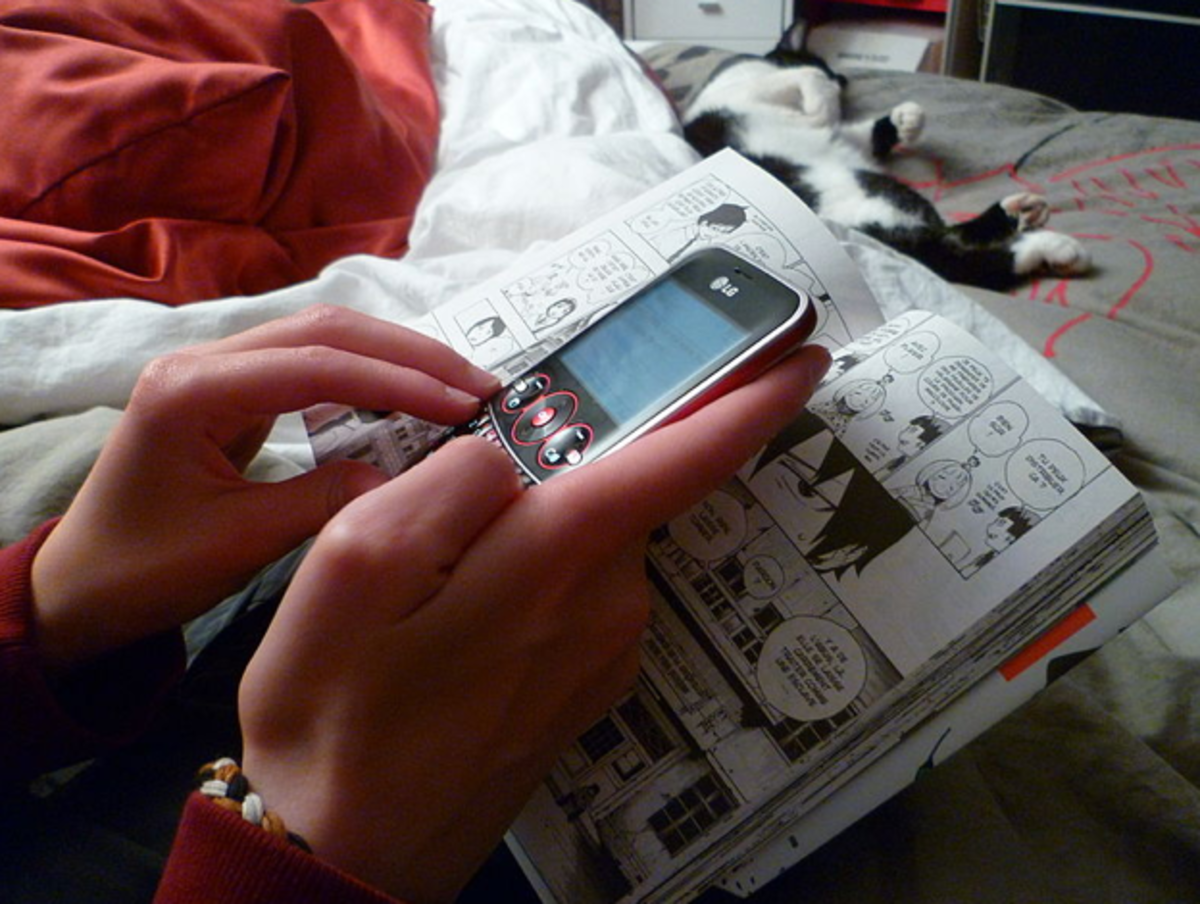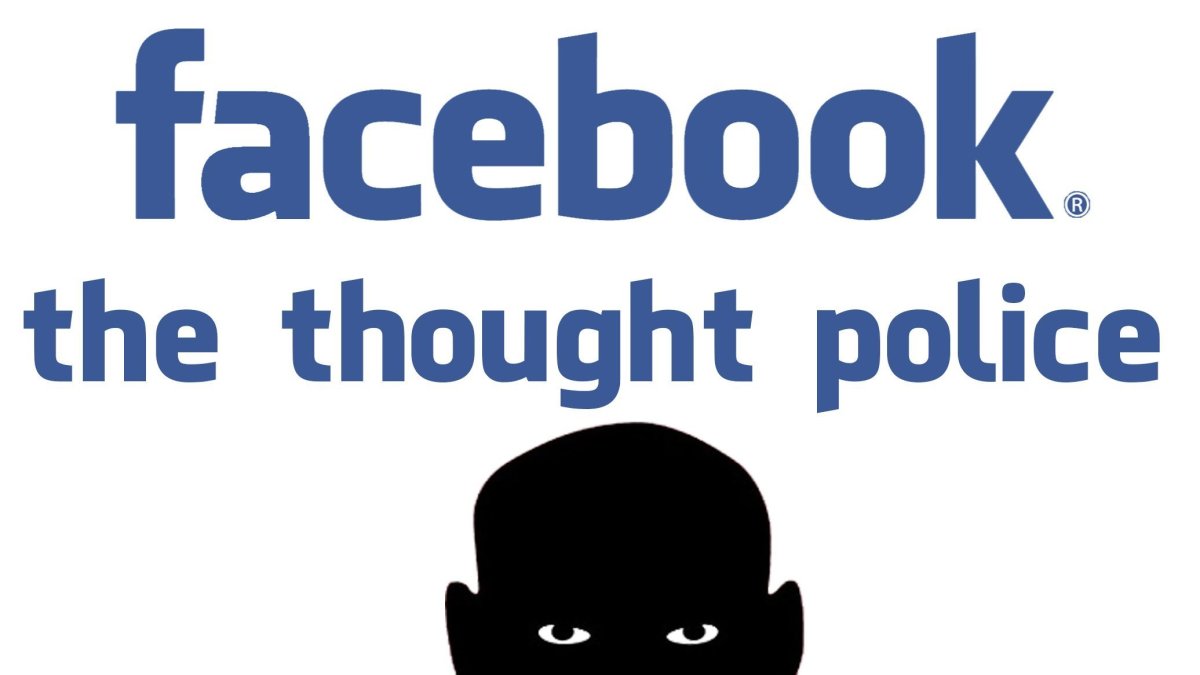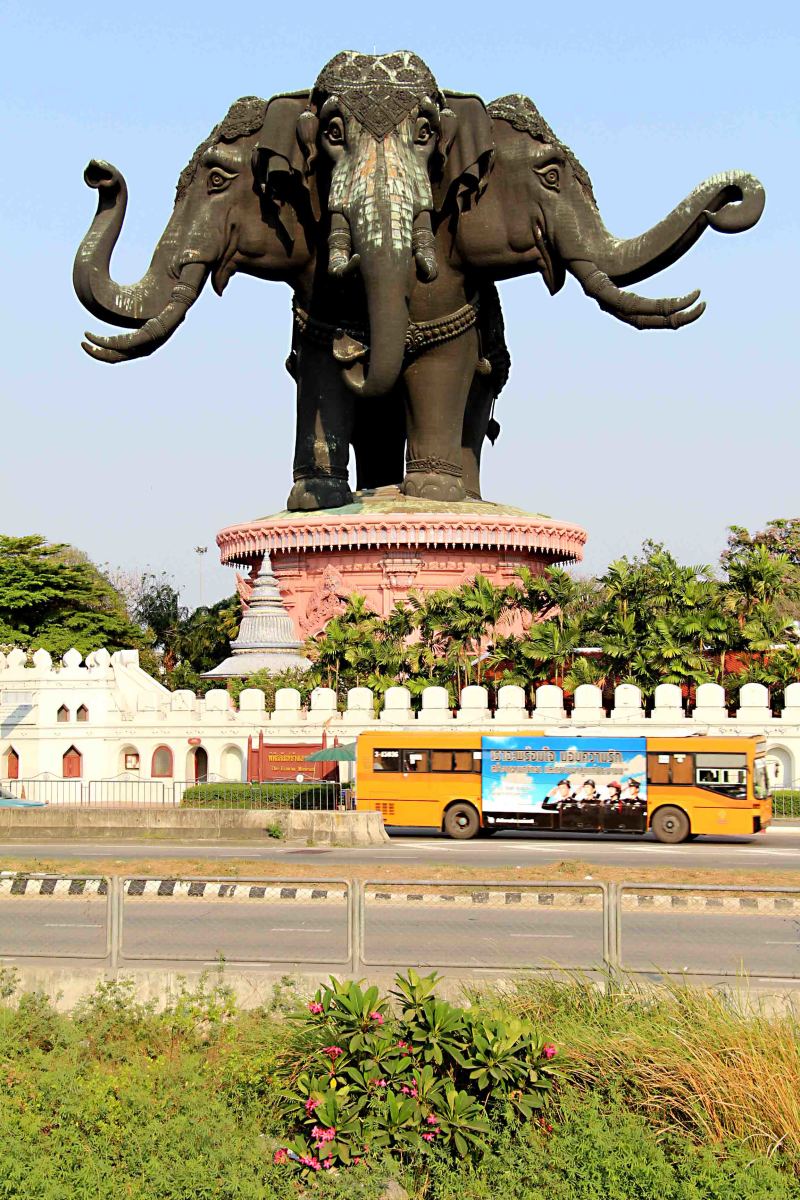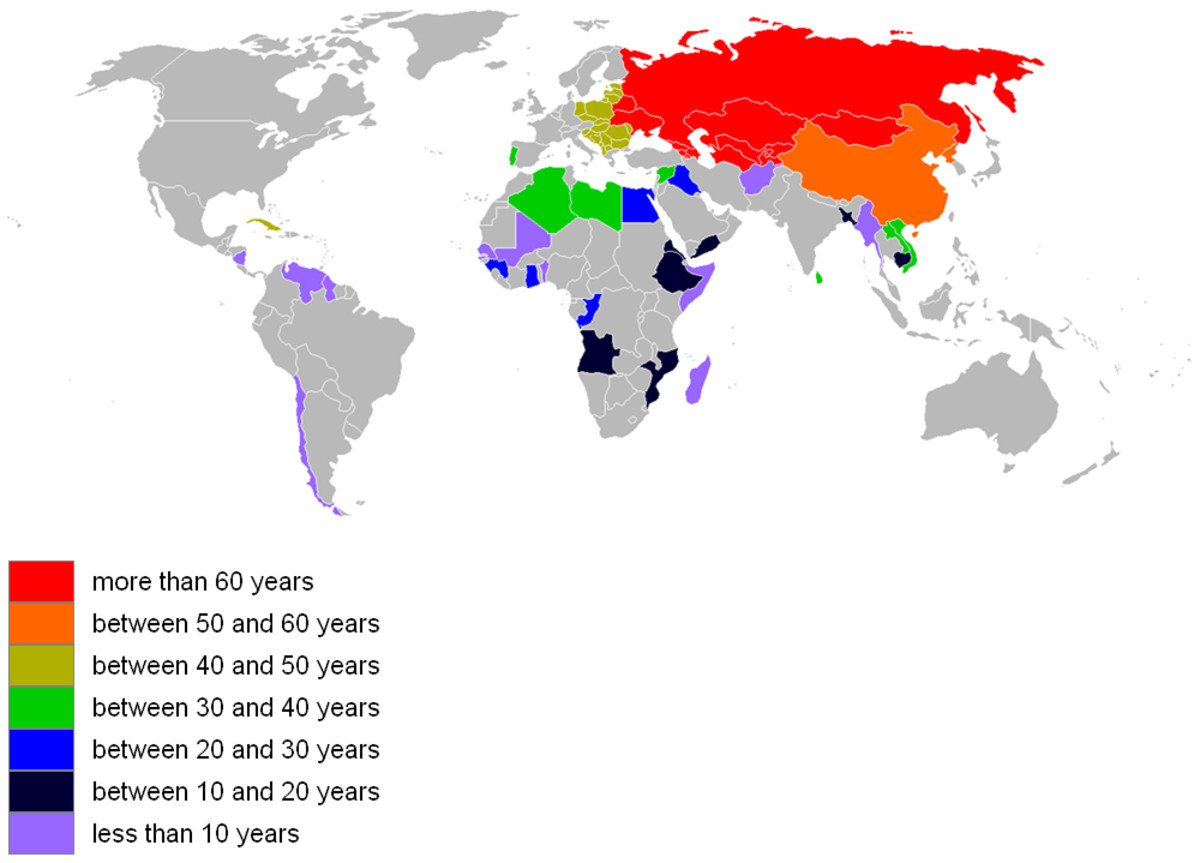Nobel Peace Prize for Mark Zuckerberg & Wael Ghonim?
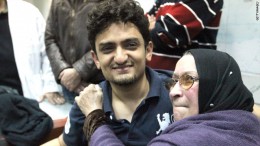
Out of Egypt: We are all Khaled Said is an historic document. It should form part of the rationale for Mark Zuckerberg's name to join Wael Ghonim's as nominees for the Nobel Peace Prize. Facebook has emerged as a potent medium that allows people to persuade and change governments to be more representative of their aspirations. Social Media may succeed in bringing more peace to the world than achieved by many past recipients of the Prize.
Wael Ghonim's Facebook creation We are all Khaled Said is the most solid example of how new technology both makes history while simultaneously recording it. The Facebook account that the world has come to know as We are all Khaled Said is an hybrid of modern technology; it is an historic first in the way it has recorded and continues to record history – it certainly should be regarded as the Jewel in Mark Zuckerberg's Crown.
Further, a humble writer picking away at a keyboard in his or her cold garret had equal access in real time to contribute to as well as see the same vast array of historic information as a don in Oxford, a prof in Princeton or an Egyptian protester in Cairo. I chanced on one such example of an individual who was able to contribute to the instant history, and she was able to write about in the 18 Day Revolultion; again, another valuable source for any writer. The truth about the historic nature of the information contained in We are all Khaled Said seems so apparent that what is truly remarkable is that the most remarkable thing about it hasn't been noticed! However, the protesters' dust has yet to settle and it will take a little more time before the full historic vastness and nature of the We are all Khaled Said account is fully understood.

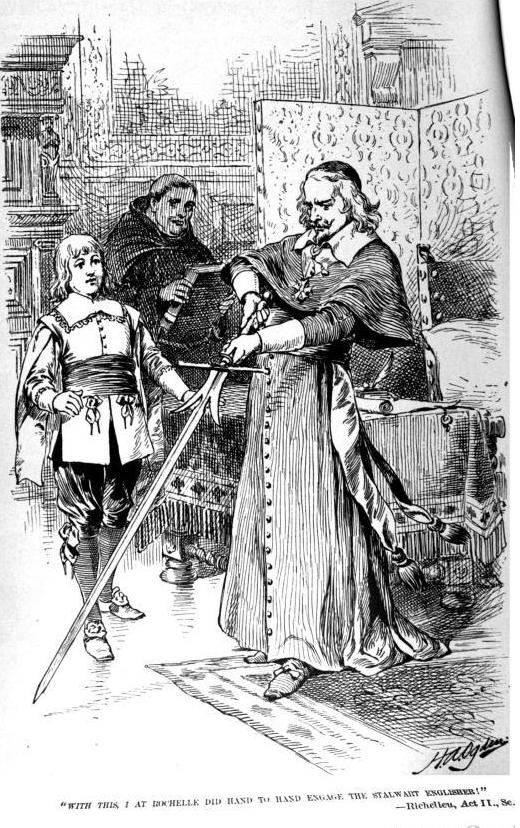

Again, readers wanting to examine the nature of the historic We are all Khalid Said are literally a click away. Whether a reader takes ten minutes or ten hours following some of the myriad threads that lead to other threads – all full of images, impressions, facts, digital film, opinions, support, false rumors, media people and all the other flotsam and jetsam of humanity, myself included, plugged into cyberspace and caught up in the moment of an historic cause, event and movement. In a very real sense thousands and thousands separated by either a few blocks or oceans could become part of the history that was unfolding – for a period of time we were all invited to both make and become part of recorded history. It was a generation's chance to participate in something that was far more important than any parent or grandparent's Woodstock moment. Presumably all the files, links, video, comments that are associated with the account have been preserved so that they will always remain available and unchanged as the historic work it is.
Fear has always been the enemy of change and all of the new media helped hobble many of the engines of totalitarianism that control people. Among its many lessons, We are all Khaled Said should teach us is that open media are far more important to freedom's cause than the issue of gun ownership. It is certain that one of the main reasons that the revolution succeeded is just because the people did not use guns. (The military will always have more and bigger guns than the people.) The Internet, Facebook and We are all Khaled Said provided the vehicle for hearts and minds to come together to fight totalitarianism.
At present, the media are focusing on the wonderful people who helped keep the account afloat and functioning as well as trying to keep up with the pace of events as the ripples from Egypt's new media revolution begin to be felt across the region. The media will soon step back and recognize that those who write and record history have become the same as those who make it; CNN's Anderson Cooper helped both make and record history in a profound way that is or should be readily understood.
The media certainly were part of the story – it is clear from We are all Khaled Said. The foreign media was an important part of the Egyptian narrative as was the Egyptian media who played a less glorious role with one notable exception. When Marshall McLuhan said that the Medium is the Message it seems an uncanny prophetic insight that only became fully manifest in all its splendor in the Facebook account we call We are all Khaled Said .
It seems both redundant and not my purpose to describe the richness of media and reporting in the historical We are all Khaled Said when it is so readily available.
My goal is to say: Look – this is a major historic document not only because it makes history but because it records history at the very same time as it makes it. I humbly suggest that We are all Khaled Said is the most remarkable historic document of its kind because it is the first remarkable document of this new kind of rich, instant history. Of all the creations made possible by Mark Zuckerberg's invention, it is the finest and should mean more to him than any other wealth.
The person most responsible for the idea and creation of the Facebook page that will change the world and how we record its history, Wael Ghonim, head of Google's marketing in the Middle East and North Africa, knows something of the nature of his facebook page and the nature of new media. In an interview with CNN, reported in Dark Politricks, host Wolf Blitzer asks what happens after the change in power in Tunisia and Egypt. “Ask Facebook,” answered Wael Ghonim. Ghonim's modesty is most remarkable because he probably understands the dynamics and ramifications of his creation more than anyone. It's quite understandable that he's said: “I want to meet Mark Zuckerberg and thank him personally.” By the time they do meet, the nature of the unique and historic document that we know as We are all Khaled Said will be more fully recognized .
History, like many other things, has become somewhat paradoxical because it too, like so much else, has become instant. History is no longer something that happens in the past; it is here and now; we all had an invitation to become part of the instant history that was being written in cyberspace.
Modern Media rather than destroying the myth, mystery and even the spiritual from the world seems to have created something of the same by unifying all the new media so that the sum of its parts is so much greater than any single thread. It will take some time before its true significance on our own consciousness is fully understood or appreciated. In some profound way we've been shown that we, the people, can make history by participating in it online. Not only do we become part of the record of the history that's being made, our consciousnesses are networked in a way that seems more metaphysic than metaphoric. I look forward to seeing how others describe the experience.
It's not surprising that Wael Ghonim's name has quickly been bracketed with the notion of a Noble Peace Prize nomination. However, it seems that Mark Zuckerberg's name should join Mr. Ghonim's and those others who allowed us all the opportunity to both make and be part of the profound and wonderful history of those Eighteen Days. The next chapter that tells how the story will unfold has yet to be written – but there's no doubt the new media will help write that one too! The world has changed. It's not Egypt who just experienced a revolution.

